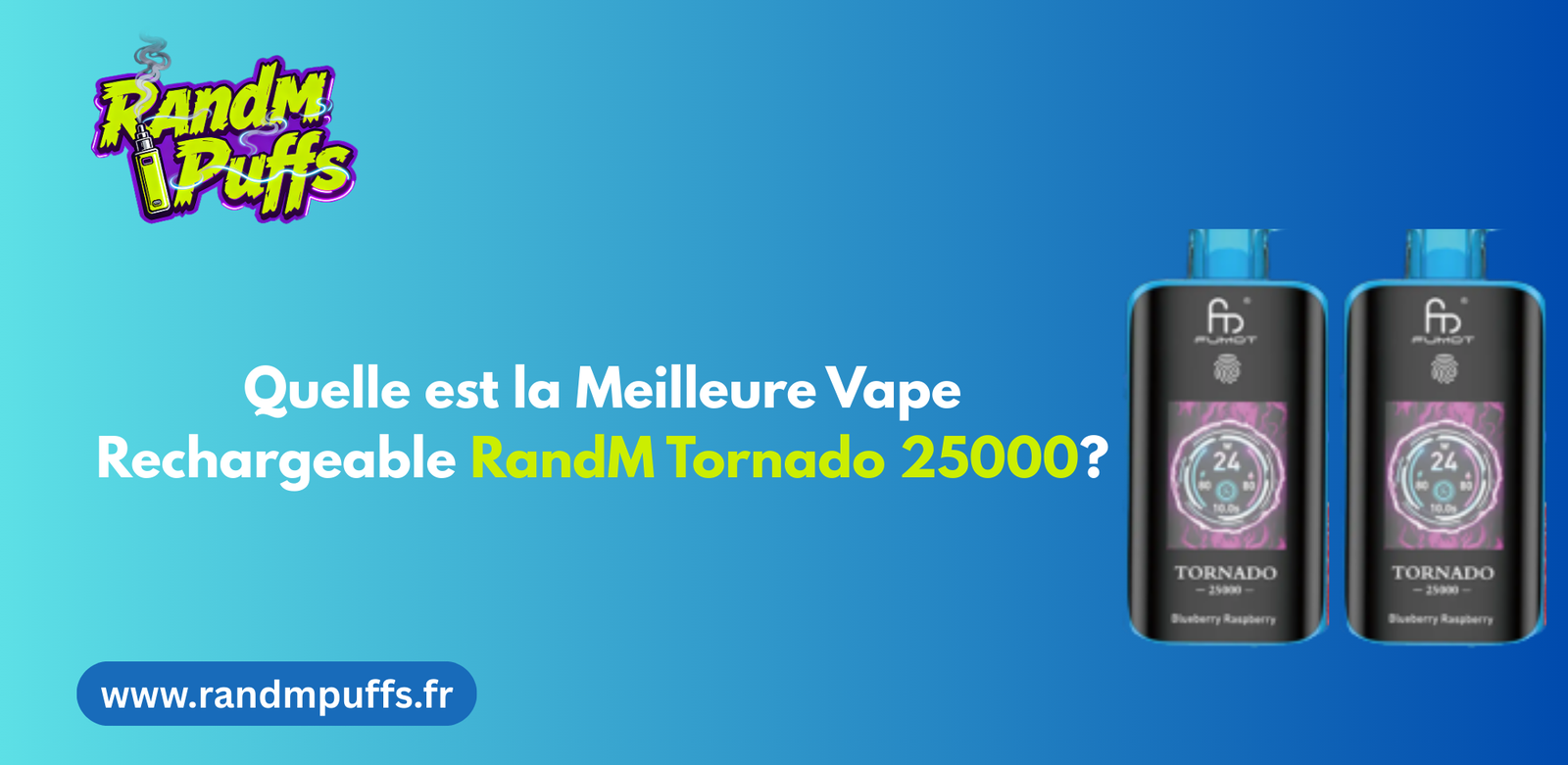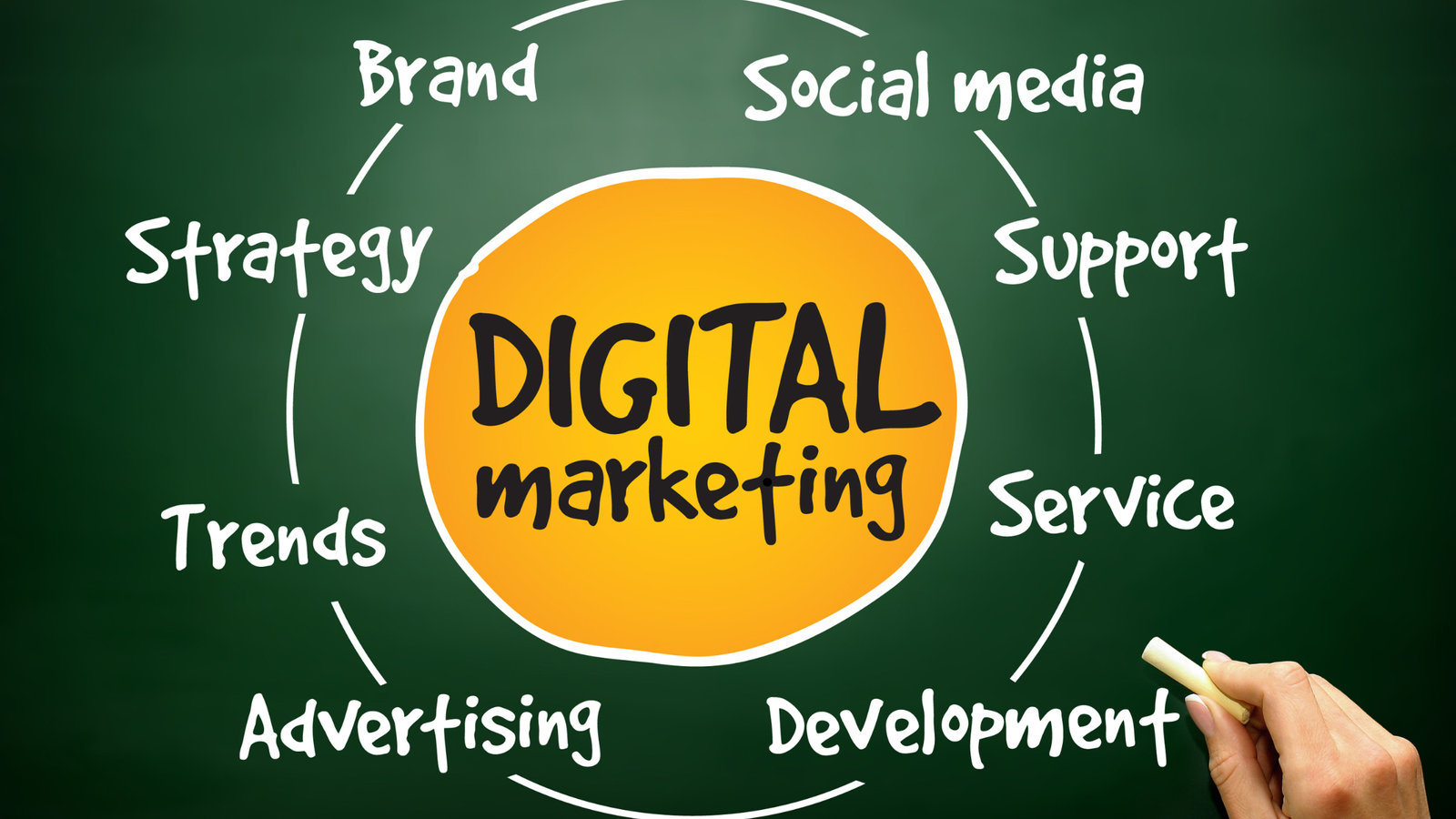The laundry service industry is experiencing a significant shift fueled by technological innovation and changing consumer expectations. Mobile laundry apps have emerged as powerful tools reshaping how people manage their laundry needs by offering convenience, flexibility, and efficiency. Central to this transformation are diverse business models that laundry apps adopt, each crafted to serve particular market segments and optimize revenue.
On-Demand Pickup and Delivery
The most widespread and recognizable model is the On-Demand Pickup and Delivery service. This model thrives on convenience for users who prefer to outsource their laundry chores. Customers schedule pick-ups through an app, and providers collect the laundry, clean it, and deliver it back. The core appeal lies in saving time and effort, meeting the needs of busy professionals, students, and families.
The platform acts as an intermediary, typically earning revenue through commissions on each service or delivery fee. Enhanced functionality like real-time order tracking, flexible scheduling, and various payment options improves the customer experience and loyalty. Companies that successfully deploy this model focus heavily on reliable logistics and user-friendly app design.
Subscription-Based Plans
Subscription models are increasingly popular in the laundry app space because they guarantee recurring revenue and foster long-term customer relationships. Users subscribe to monthly or quarterly packages, allowing them a fixed number of laundry services, often with added perks or tailored options to meet their specific needs.
This model benefits customers by simplifying their routine chore budgeting while providing businesses with steady predictable income. Customizable plans based on load size or frequency of service amplify flexibility. Loyalty programs and perks integrated with subscriptions help reduce churn and deepen user engagement.
Multi-Provider Marketplace Model
Another evolving approach is the Marketplace Model, where the app aggregates various laundry service providers into one platform. Customers have the flexibility to browse options, review ratings, compare prices, and choose based on their preferences. This model does not require the app owner to own or operate laundry facilities, allowing focus on platform management and user experience.
Revenue is generated through commissions on bookings or promotional fees from service providers. This model encourages competitive pricing and quality improvements from providers. The marketplace approach also broadens service availability, which improves customer satisfaction through choice and transparency.
B2B Laundry Solutions
Apart from serving individual consumers, many laundry apps are targeting B2B and institutional clients, including hotels, hospitals, gyms, restaurants, and office complexes. These contracts involve bulk laundry processing with high-volume orders and scheduled pickups aligned with client operations and hygiene standards.
Apps designed for this segment feature robust order management systems, detailed billing, and service customization options designed to streamline large-scale operations. B2B service contracts typically involve negotiated pricing and steady revenue streams. This market segment is growing rapidly as organizations increasingly outsource laundry to save costs and ensure compliance.
Eco-Friendly and Technologically Smart Services
Sustainability is becoming a significant differentiator. Apps emphasizing Eco-Friendly and Smart Laundry services appeal to consumers concerned about their environmental footprint. These models integrate green cleaning solutions, water and energy-efficient machines, and biodegradable detergents.
They also use technology innovations like IoT-connected smart lockers for contactless laundry exchanges and AI-powered recommendations for laundry care and service scheduling. Automation and data-driven insights optimize operations, reduce waste, and enhance service predictability, driving loyalty among eco-conscious users.
Why These Laundry App Business Models Are Dominating the Market
The success and dominance of the various laundry app business models boil down to the core benefits they offer both consumers and businesses, meeting today’s evolving lifestyle demands and operational challenges.
- Convenience and Time Savings: These models are designed to save customers valuable time by offering easy scheduling, pickup, and delivery options right from their smartphones. Busy professionals, families, and students alike appreciate the ability to outsource laundry chores without disrupting their daily routines, making on-demand and subscription models especially appealing.
- Enhanced Customer Experience: Features like real-time order tracking, flexible scheduling, multiple payment options, and personalized services allow customers to have more control and confidence in the service. This leads to higher satisfaction, loyalty, and repeat usage.
- Scalability and Flexibility for Businesses: Digital platforms enable laundry businesses to scale quickly without heavy investments in physical infrastructure. Marketplace models allow aggregation of multiple providers, expanding service range while reducing operational risk. Subscription plans provide predictable recurring revenue, ensuring financial stability.
- Cost and Operational Efficiency: Automated order processing, optimized pickup and delivery routes, and reduced reliance on storefronts help lower operational costs for laundry companies. This efficiency can translate into competitive pricing and better service quality for customers.
- Adaptation to Consumer Trends: The rise of eco-consciousness and demand for smart, sustainable solutions has led to success for models focusing on green laundry methods and technology integration such as AI and IoT. These forward-looking models differentiate themselves in a competitive market and attract a growing segment of environmentally aware users.
- Market Reach and Customer Retention: Offering digital access breaks geographical barriers, enabling businesses to reach wider audiences. Loyalty programs tied to subscriptions or marketplaces help keep customers engaged over time, boosting lifetime value.
Final Thoughts
The landscape of laundry app business models is constantly evolving, shaped by changing customer needs and rapid technological advancements. Whether focusing on convenience through on-demand services, driving customer loyalty with subscription models, offering diverse choices via marketplaces, catering to institutional clients, or promoting sustainability with eco-friendly solutions, each approach presents distinct opportunities.
For entrepreneurs and businesses aiming to succeed, partnering with a reliable laundry app development company is key to aligning offerings with target customer preferences and market trends. By embracing innovation, customization, and sustainable practices, modern laundry apps can stay ahead and dominate the future of this essential service.












Leave a Reply